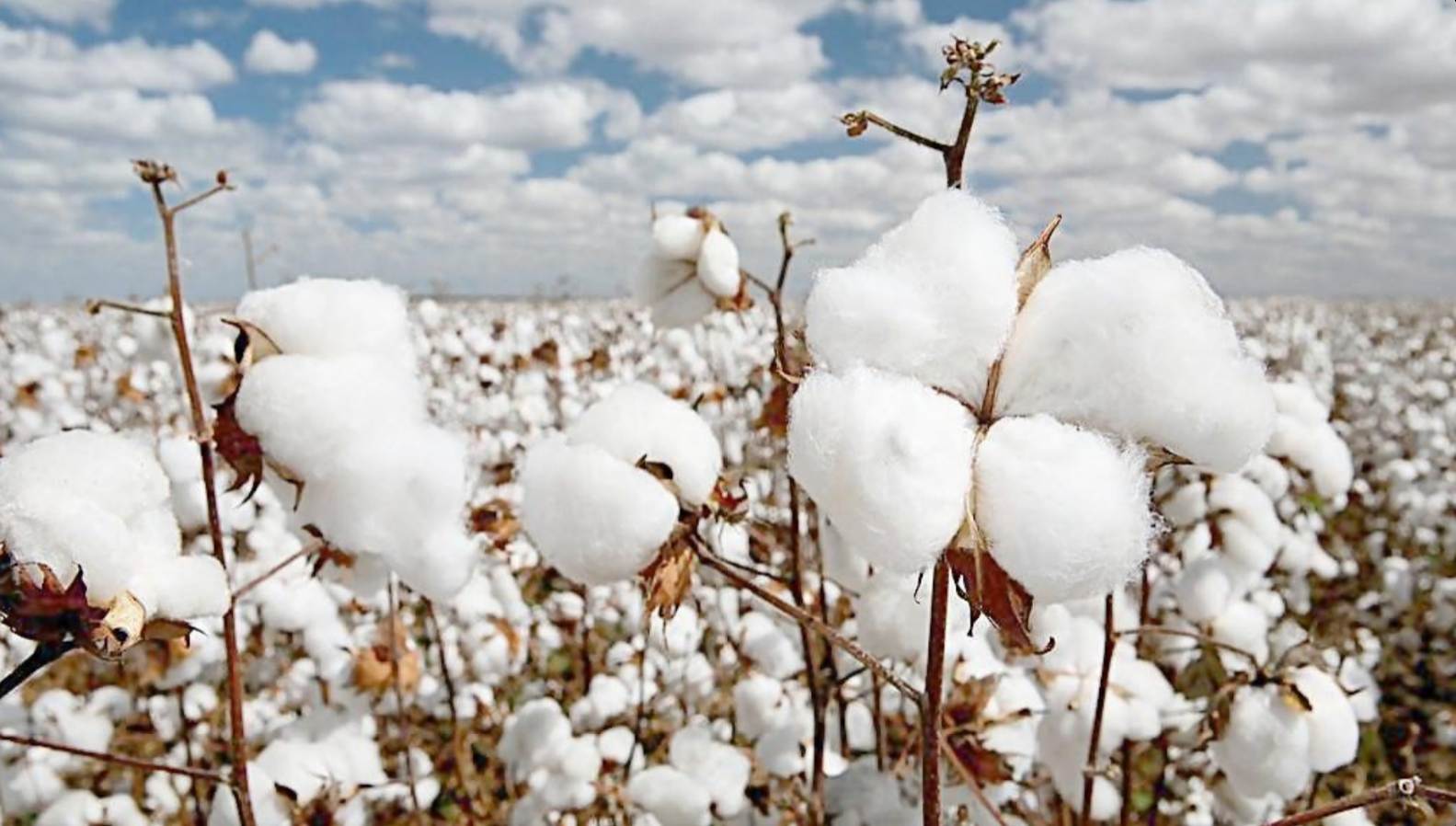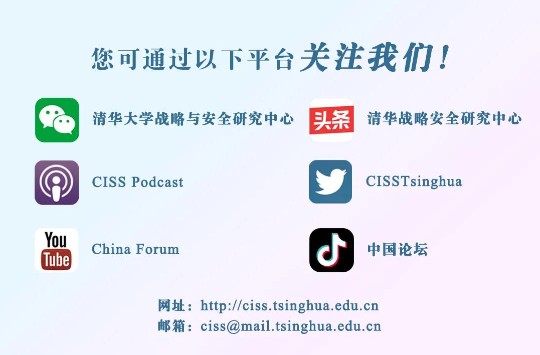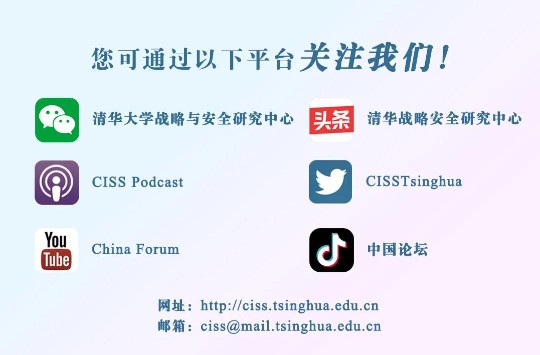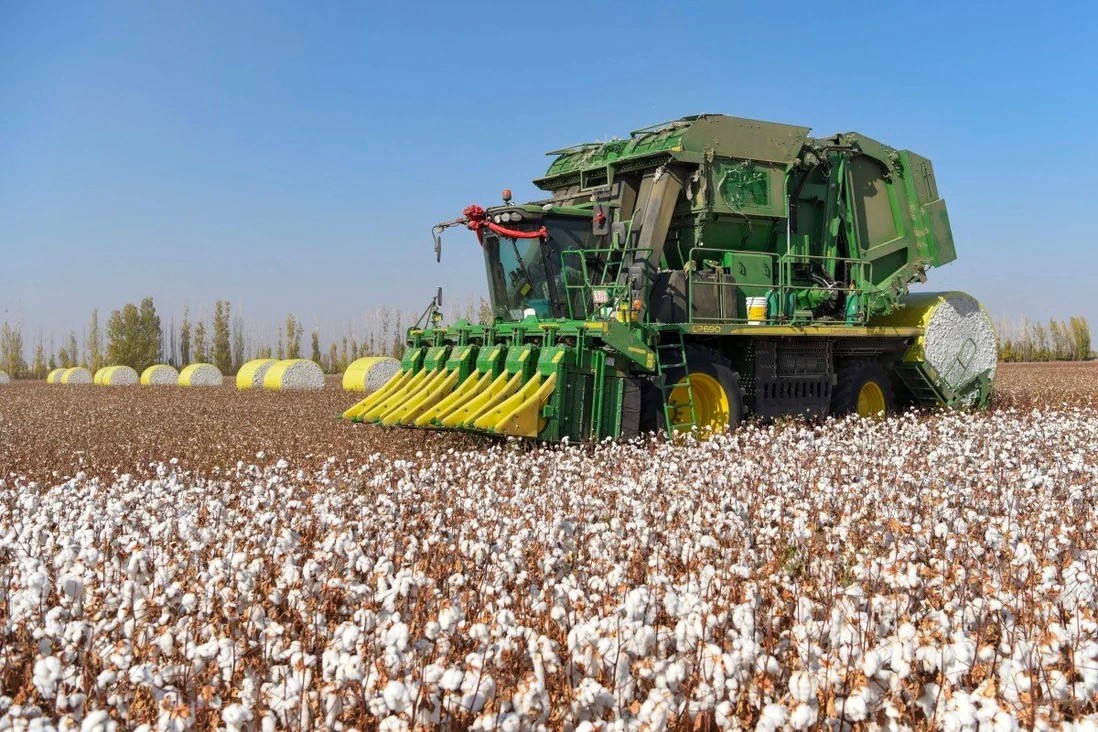近期,H&M、耐克等国际品牌“抵制中国新疆棉花”的事件持续发酵。其指责不符合事实,其举动损害了新疆棉花种植业及相关产业乃至中国整体经济利益,也将损害其自身经济利益和形象。一、抵制新疆棉的行为暴露了一些西方国家破坏中国纺织产业链、削弱中国纺织品在全球市场地位的意图。The open attacks on the cotton industry in Xinjiang expose some Western countries' intention to destroy China's textile industrial chain and weaken the status of Chinese textiles in the global market.Statistics show the scale of China's textile industry accounts for more than 50 percent of the global industry and China's chemical fiber output accounts for 70 percent of the world's total. The country's trade in textile goods accounted for one-third of the global total last year.With a complete industrial chain and advanced technology in the textile industry, China is the world's largest textile and garment market, the largest consumer of cotton and the second-largest producer of cotton.China produces about 5.95 million tons of cotton, and consumes around 7.8 million tons of cotton a year. It imports about 1.85 million tons of cotton. Xinjiang accounts for 87 percent of China's output of cotton.Despite this, the cotton industry and market is dominated by the Better Cotton Initiative, a nongovernment organization supported, if not dominated, by the US government. The BCI has acted as an accomplice with the United States in the latter's organized smearing of Xinjiang cotton.(Mar 30, 2021, China Daily, Spur for China’s textile industry to upgrade)二、提出指控的BCI (Better Cotton Initiative) 部分资金来源于美国国际开发署,并非完全独立,其指控别有用心。新疆棉花采摘已实现90%自动化,强制劳动的传闻子虚乌有。The BCI is partly funded by the US Agency for International Development. The organization focuses on crop protection, water stewardship, the health of the soil and many other non-quantifiable objective criteria. In this way, when the capital behind it needs them to carry out political suppression, BCI can raise trumped-up charges at any time. It has degraded into a puppet to be manipulated. The so-called forced labor rhetoric is totally unfounded, as over 90 percent of cotton fields in northern Xinjiang are now mechanized, and the mechanization of cotton harvesting in southern Xinjiang is also increasing year by year. Uygur female representatives from Xinjiang recently made solemn statements at the 46th session of the United Nations Human Rights Council (UNHRC). Local people's sharing of their personal experiences is far more convincing in comparison to lies weaved by those Western puppet institutes.(Mar 30, 2021, Global Times, Can we trust human rights claims from the mouth of puppets?)三、新疆棉农反驳“强迫劳动”的指控,称抵制新疆棉不是为了保护人权而是要我们返回贫困。Local officials held a news conference in Xinjiang on Friday to defend the northwestern Chinese autonomous region's cotton industry. The controversy surrounding Xinjiang cotton has sparked endless debate these past weeks. Critics, such as the Better Cotton Initiative, allege it's produced through “forced labor”. Many farmers from Xinjiang have been speaking out, saying cotton has helped them earn a better living. “Those who are spreading rumors against Xinjiang cotton, aren't protecting our rights. They are trying to leave our cotton rot in the land and smash our way of earning a living. They want to make us jobless ang hungry and return us to the days of living in poverty,” said Bakri Suwuer, a local cotton farmer, at the press conference.(Apr 4, 2021, CGTN, Xinjiang cotton farmer refutes accusations of 'forced labor')A Xinjiang cotton worker at the press conference was quoted in state media as saying that people in the West had not conducted on-the-ground inspections before imposing sanctions on Xinjiang, which was intended to “smash the rice bowls of Xinjiang cotton workers”.(Mar 29,South China Morning Post, Xinjiang cotton dispute: the ‘era of bullying China’ is over, officials warn the West)

四、斯凯奇独立调查后发声明:中国供应商没有强制劳动。Skechers said audits of their factory, Dong Guan Lu Zhou Shoes, had not revealed “any indications of the use of forced labor, either of Uyghurs or any other ethnic or religious group.”The company also said that members of the Uyghur ethnic minority are “employed on the same terms and conditions as all other factory employees and in particular with respect to working conditions,” and that they are free to leave if they no longer wanted to work at the company.(Mar 29, 2021, RepublicWorld.com, China: No Evidence Of Forced Labor In Xinjiang Cotton Industry)五、在做出可能产生严重影响的决策之前,外国公司首先应当进行深入调查。Company executives should exercise common-sense judgment before they make decisions that could have serious implications. In this case, a simple check on the level of mechanization of cotton harvesting in Xinjiang would cause the CEO of any large multinational company to double-check if the alleged “forced labor” in Xinjiang is true. We are not advocating that foreign companies must kowtow to China because of the financial implications to their businesses. We are suggesting that companies' CEOs should have clarity in their thought processes in matters of such critical importance and to always keep the basic value of any business, which is to put its customer value as a top priority, in mind. Any compromise of that basic tenet must be weighed carefully against the trading off between its pros and cons.(Apr 1, CGTN, What lessons can foreign companies learn from Xinjiang cotton episode?)六、参与抵制新疆棉的品牌已经受到中方的反制,H&M首当其冲,其在华业务将面临大幅下滑,并可能导致其产品价格上涨和延迟交付。A loss of sales in China, the only major economy where consumer spending has rebounded to above pre-pandemic levels, can be especially painful at a time when U.S. and European demand is weak.H&M had 520 stores and $1.4 billion in sales in China in 2019, the last year for which annual figures have been reported. China is its third-largest market after Germany and the United States.Brian Ehrig, partner in the consumer practice of global strategy and management consulting firm Kearney, said it is likely that roughly 60% to 70% of H&M’s raw materials, like fabrics, come from China. He said that if H&M is cut off, it will be much harder for the company to get access to these materials and could mean higher prices and production delays.(Mar 26, 2021, The Washington Post, China Attacks Foreign Clothing, Shoe Brands over Xinjiang)H&M products were missing from major e-commerce platforms including Alibaba and JD.com following calls by state media for a boycott over the Swedish retailer’s decision to stop buying cotton from Xinjiang. That hurts H&M’s ability to reach customers in a country where more than a fifth of shopping is online.Shockwaves spread to other brands as dozens of celebrities called off endorsement deals with Nike, Adidas, Burberry, Uniqlo and Lacoste after state media criticized the brands for expressing concern about Xinjiang.(Mar 27, 2021, The Washington Post, China Erasing H&M from Internet Amid Xinjiang Backlash)









